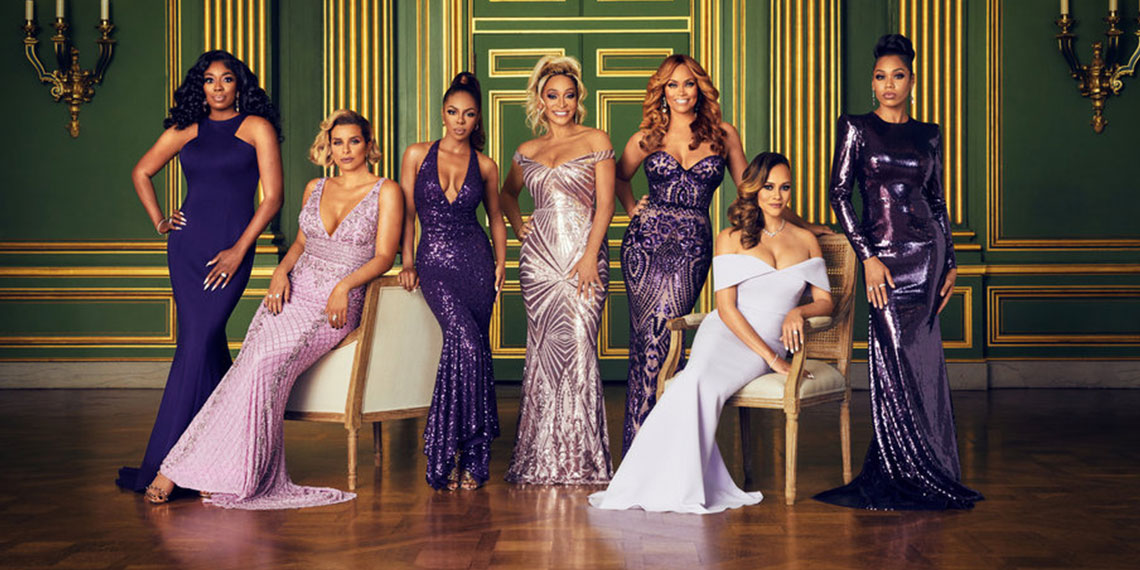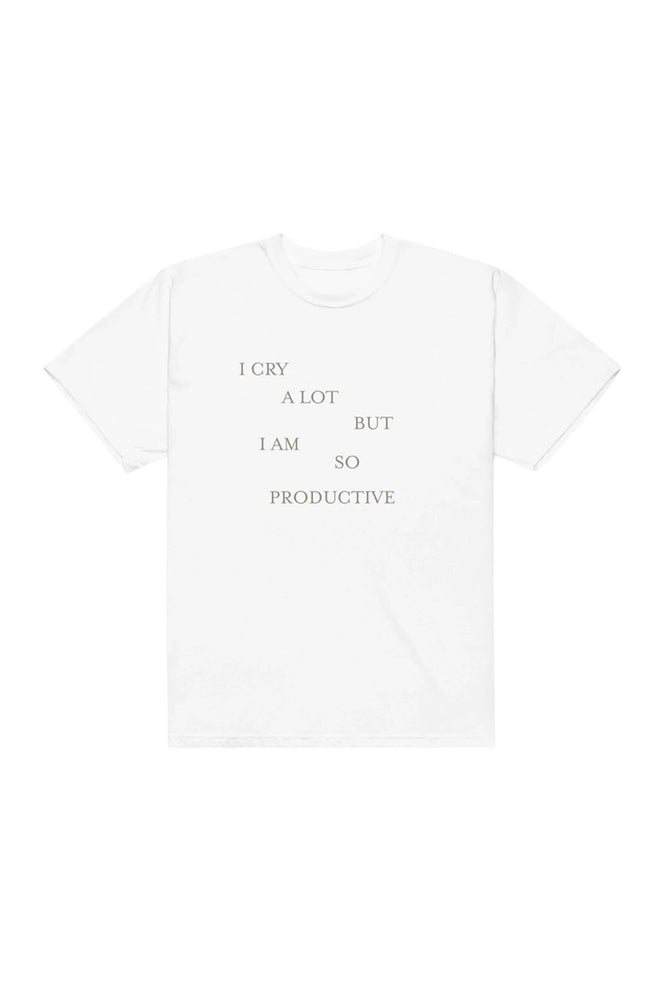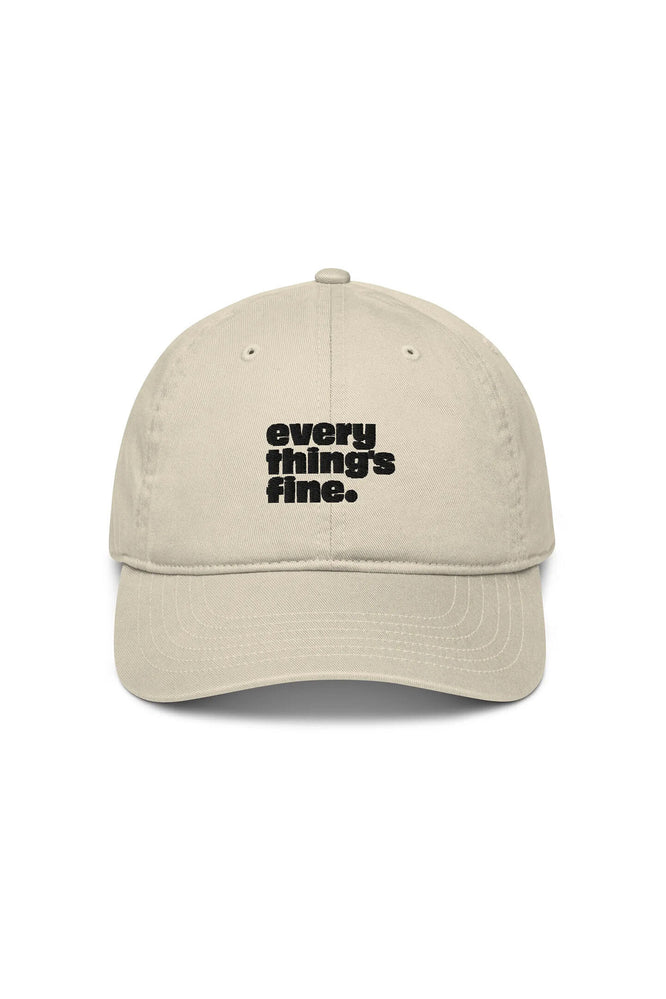Whether we know it or not, stan culture is a big part of our lives. In every area of pop culture, from TV shows, to music, to movies, there are collective groups of stans who not only fan out about their favs, but go to bat for them online, and sometimes even hold them accountable for their less-than-perfect actions. Whether you think of yourself as a “stan” or not, we all fan out about something. Some people are obsessed with sports, others are obsessed with music. One thing that I am obsessed with and will always stan forever is reality TV. There are so many layers to it, and honestly, it’s intriguing to follow the real lives of people who are completely different from me. This year, many of our favorite reality shows have undergone a shift, and the thing that I love about this new wave of reality TV is how important issues and current events are being discussed on these shows.
I felt even more inclined to talk about this because of Sunday night’s reunion episode of the iconic Real Housewives of Potomac. I let out a gasp when the topic of colorism came up, simply because I never thought this conversation would be had on a show like this. Colorism is a topic that is often ignored, especially in BIPOC spaces. The conversation can be uncomfortable, especially for people who have not experienced it. I mean, we are talking about people being treated unfairly simply because of their skin tone—it’s disheartening. The general consensus of the conservation was that the women felt like colorism was not necessarily an issue on the show, but rather the actions of certain castmates warranted buzzwords such as “aggressive”. This conversation soon turned to the blatant elitism on the cast (which is also very real).
Though I do feel like colorism applies to the dynamics on the show, especially targeted at new housewife Dr. Wendy Osefo, I applaud Bravo and the cast, especially Dr. Osefo, for having this conversation in the first place. What triggered me, however, were the comments from non-Black people online, many of whom chimed in about colorism and ignorantly put their own opinions into a conversation centering around Black people. This made me uncomfortable, mainly because the discussion at hand is based on the experiences of Black people—Black women in particular—and yet many of the people commenting were not Black.
I get it, opinions are like assholes, we all have one. So you can save the comments about free speech and how I’m trying to “limit” that. But the commentary I’ve observed speaks to the hypocrisy present in stan culture, and how people online grant themselves this unwarranted comfortability to make comments about people and topics that they do not have any idea about.
First, let me just give you a little bit of background. Colorism has been around for hundreds of years. Dating back to slavery, those who had a fairer skin tone were usually placed to work in the homes of slave owners, while those who were of a darker skin tone were placed in the fields, where they were worked harder and seen by fewer people. This classification process still has an impact on our community, with colorism affecting dating, mental health, how we are perceived in the public eye, and how we perceive ourselves.
As a dark-skinned Black man, I have experienced colorism since I was a child. Kids would make fun of me because I was darker, and adults reinforced the idea that I was not meant to be this dark, and that I spent too much time outside and simply did not wear enough sunscreen. However, it is not just the comments about my skin tone, but rather what people associate it with. If I am upset at someone, I am labeled aggressive. If I am walking behind someone wearing a black hoodie minding my business, people are more inclined to walk on the other side of the street. This led me to hate my dark skin for years(seventeen years, to be exact)—not because I was ashamed to be dark-skinned, but because of these societal ramifications that came as a result of my dark skin.
However, though my experiences have been tough, they do not compare to the amount of colorism that Black women face in their daily lives. In particular, dark-skinned Black women, face some of the most severe discrimination. The comments about their skin tone, hair texture, and constant comparisons to others who might have more “conventional” (read: European) beauty types are consistent, blatant acts of colorism. All my experiences added up still aren’t even half of what dark-skinned Black women have had to deal with their entire lives. I will never feel comfortable trying to negate or undermine the experiences of a dark-skinned Black woman in particular, simply because it’s not my place and it’s wrong.
See what I did there? I acknowledged that I have gone through a difficult experience myself, but I realized my privilege as a man in a society where women (especially Black women) are treated far worse. Instead of trying to play oppression wars or negate someone else’s experience, I decided to shut up and listen, and only speak when it’s time to support the people whose experiences are important and relevant in that moment.
So why is it that people who have never gone through that experience feel the need to comment derogatory things, most of the time targeted at Black women expressing their anger? Why do their experiences bother you so much? I get it, you posted a Black screen on #blackouttuesday, you went to a protest, or sh*t, you might’ve pulled a Stassi Schroeder and hired a diversity coach. That’s fine and dandy, but that does not mean that you have the right to try to control Black voices and their experiences.
For example, last week we dealt with the horrific death of Brandon Bernard, who was wrongfully executed by the state of Indiana for something that occurred twenty years ago. Many people advocated for the President of the United States to pardon him, however those attempts were sadly unsuccessful. During that time of people fighting for this man’s life, there were a few Black celebrities, Kehlani and Victoria Monet in particular, who were tweeting and going about their day peacefully. Stan accounts started attacking the women, tweeting things like “Read the room” or “Are you dumb? This is not the time or the place”. Here’s the issue: Why are these accounts assuming these celebrities haven’t heard what’s going on? As Black people, we are always seeing our own being killed and treated unfairly, and there are times where we simply need a break. It’s honestly traumatizing to constantly view ourselves in such horrific circumstances, and sometimes we don’t want to be consumed with everything that’s working against us, because it’s draining and infuriating. And in addition to all that, why is it that anonymous accounts feel comfortable attacking these figures online, simply based on their own opinions?
Stan culture has given people platforms to give their unwarranted opinions on public figures who they do not know whatsoever. The worst part of this is many of them use AAVE (African American Vernacular English) in the wrong context, and start using it to attack Black people with platforms, be they singers, rappers, actors, influencers, or writers. Using our own culture to attack us is not only hypocritical, but also proves that many people leech off of our culture for their own personal gain and then try to throw it back in our faces. I’ve seen tweets like “It’s the ignorance for me sis” directed at Kehlani and Victoria. Little do people understand that the whole saying “It’s the (blank) for me” was started by Black people. We’ve used it for years, and it became a prominent saying after an Instagram live between rappers Yung Miami and Santana. However, like always, people found it and it soon catapulted into a phrase that “everyone” uses. We are never given our credit for trends and our lingo, but people want to hold us accountable when we aren’t engaging with traumatic material?
It’s wrong and downright disgusting how people who participate in stan culture feel so entitled to what we bring to the table, yet they want to belittle us in any and every way that they can. So please understand that no matter how many Black artists you may stan, or how many protests you’ve gone to, it doesn’t give you the right to call us ghetto, talk about our appearances, insert your opinions about our culture, or most importantly, ownership of our feelings. Stan culture is all about holding people accountable, so when are non-Black stans going to participate in holding themselves accountable?
Images: Sophy Holland/Bravo










































